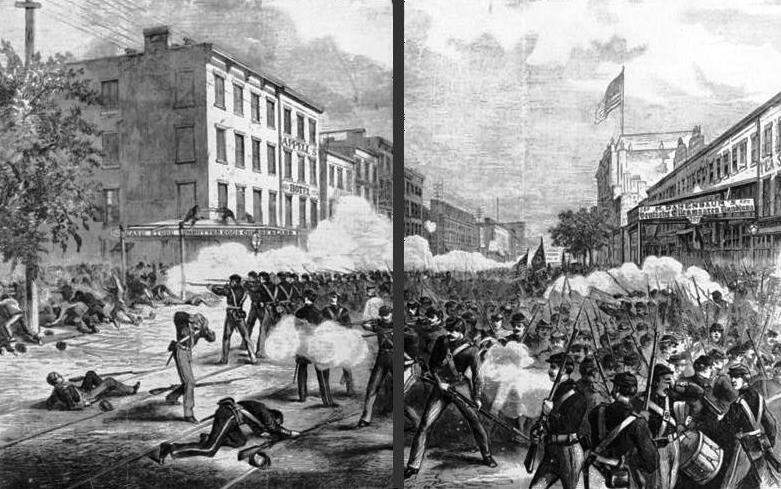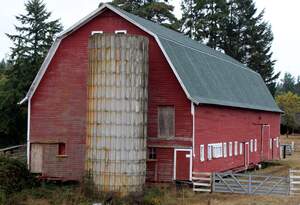

Orangemen's Day
Also known as
Glorious Twelfth
The Twelfth
Observed
annually on July 12th
Dates
Tags
History & Culture
Religion & Spirituality
Hashtags
Sources
Also known as the Twelfth or the Glorious Twelfth, Orangemen's Day commemorates and celebrates the Battle of the Boyne, fought in 1690, and the Glorious Revolution of 1688, which took place when James II, a Roman Catholic, was deposed, and William of Orange, a Protestant, received his throne. Orangemen's Day primarily is celebrated by people with Protestant Irish or Scottish backgrounds. In some locations, it is observed on the Monday closest to July 12th.
The Battle of the Boyne was fought on July 1, 1690, outside of Drogheda, along the River Boyne, in what now is the Republic of Ireland. Prince William of Orange and James II of England and Ireland, who was also known as King James VII of Scotland, each raised an army of about 30,000 troops, and Prince William came out victorious in the battle. The battle remains a symbol of the sectarian struggles in Ireland between Protestants and Roman Catholics. Not long after it, the defeated Catholics formed underground societies in an attempt to restore the line of James. The Protestants countered by forming the Orange Order.
Orangemen's Day was first held in the Irish province of Ulster in the late seventeenth century. The Twelfth came out of the commemoration of the Battle of Aughrim, which took place on July 12, 1691. A more decisive battle than Boyne, the commemoration of this battle was combined with that of the Battle of Boyne in the late eighteenth century. This happened because the British switched to the Gregorian calendar in 1752, which placed the Battle of the Boyne on July 11th, and because the Orange Order was founded in 1895.
Orangemen's Day is mainly celebrated in Ulster, particularly in Northern Ireland, where it is a public holiday. About half of the citizens of Ulster are Catholics and the other half are Protestants; this being the case, violence isn't uncommon on Orangemen's Day. Orangemen's Day is celebrated in other parts of the world as well, in areas with Orange lodges, with strong connections to Ulster, and with a high number of Irish Protestant settlers. Scotland, England, Wales, Canada—particularly Newfoundland and Labrador—the United States, and Australia have citizens who observe the day.
On the night before Orangemen's Day, on what is known as Eleventh Night, huge bonfires are lit in many Protestant unionist neighborhoods in Northern Ireland. The bonfires have been criticized for being sectarian, for promoting ethnic hatred, and for causing damage and pollution. There have been moves to make the bonfires more family-friendly in recent years.
On Orangemen's Day, the Orange Order and Ulster loyalist marching bands host large parades, particularly in Northern Ireland. Parades are also held during the weeks leading up to the day. Parades usually start at an Orange Hall, make their way through a town or a city, and end in a park or field where food is eaten and speeches are given. Political discussions and church services often are a part of the festivities. Most parade marchers are men, but there are some women lodge members and band members that march. Marchers regularly carry banners that depict Orange heroes and other symbols and slogans.
How to Observe Orangemen's Day
Some ways you could spend the day:
- Attend an Orangemen's Day parade.
- Join the Orange Order.
- Watch The Twelfth on BBC Northern Ireland.
- Read a book about the Battle of the Boyne or William of Orange.
- Read a book about Irish Unionism.





















